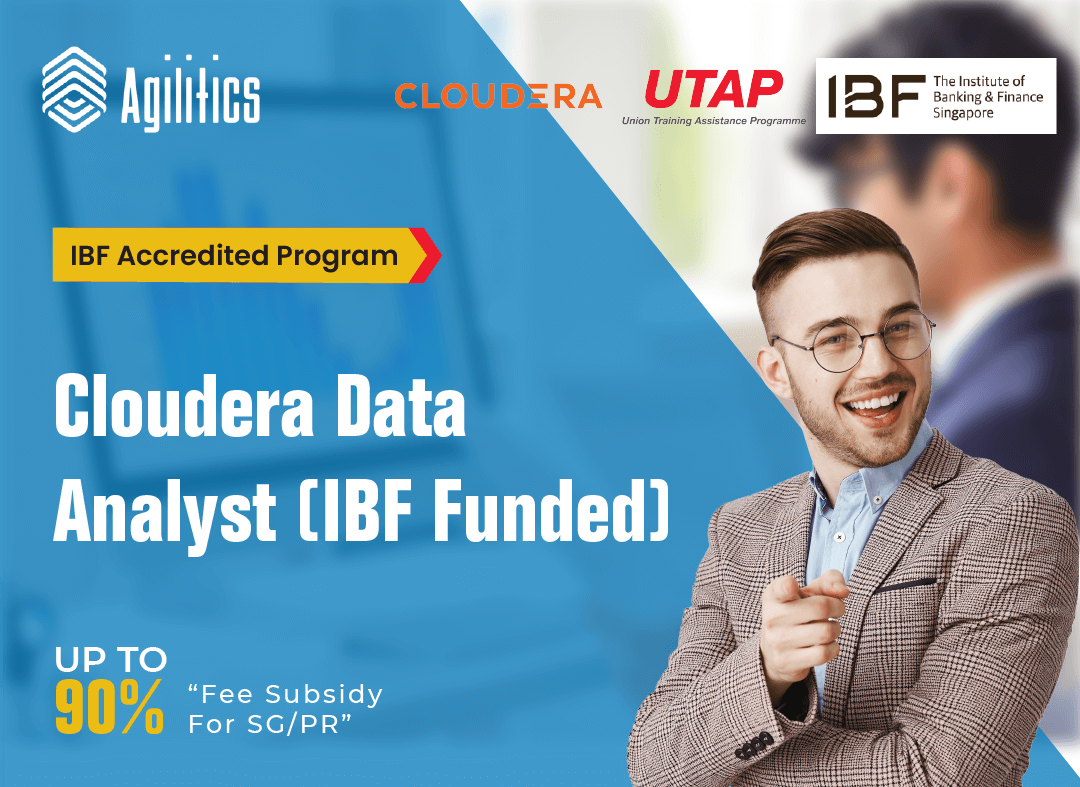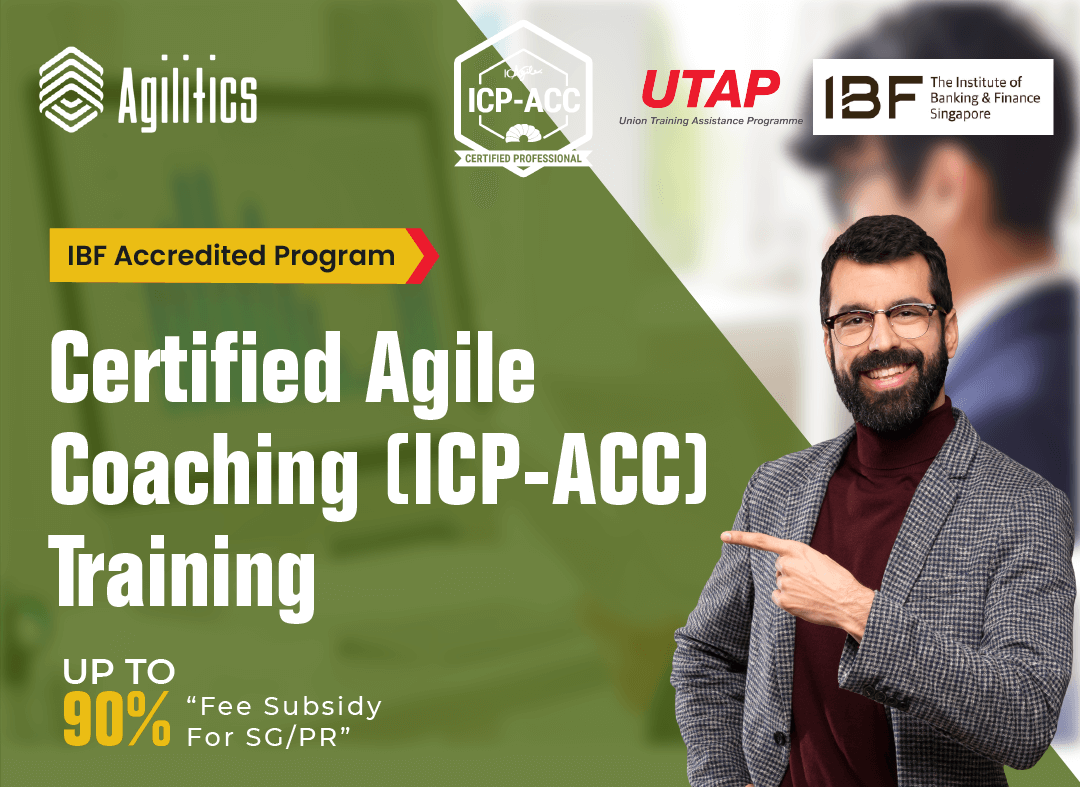
1:1 Coaching
24*7 Support
Hands Labs on Google Cloud Platform
High Success Rate
Globally Renowned Trainer
Real-time code analysis and feedback
Course Description
This course is designed especially for AWS professionals to provide them with knowledge about the core capabilities of Google Cloud in the four technology pillars: networking, compute, storage, and database. It is designed for AWS system administrators, solutions architects, and SysOps administrators who are familiar with AWS features and setup and want to gain experience configuring Google Cloud products immediately.
This course uses lectures, demos, and hands-on labs to show you the similarities and differences between the two platforms and teach you about some basic tasks on Google Cloud.
Learning Objectives
This course teaches participants the following skills:
- Configure networks, subnets, firewalls, VMs, disks, auto scaling, load balancing, storage, databases, IAM, and more on Google Cloud.
- Identify GCP counterparts for Amazon VPC, subnets, routes, NACLs, IGW, Amazon EC2, Amazon EBS, auto-scaling, Elastic Load Balancing, Amazon S3, Amazon Glacier, Amazon RDS, Amazon Redshift, AWS IAM, and more.
- Configure accounts, billing, projects
- Manage and monitor applications using operation suite
- Explain feature and pricing model differences between GCP and AWS
- Locate documentation and training.
Certification Curriculum
The course includes presentations, demonstrations, and hands-on labs.
 Introducing Google Cloud
Introducing Google Cloud
- Explain the advantages of Google Cloud.
- Define the components of Google’s network infrastructure, including: Points of presence, data centers, regions, and zones.
- Understand the difference between Infrastructure-as-a-Service (IaaS) and Platform-as-a-Service (PaaS).
 Getting Started with Google Cloud
Getting Started with Google Cloud
- Identify the purpose of projects on Google Cloud Platform.
- Understand how AWS’s resource hierarchy differs from Google Cloud.
- Understand the purpose of and use cases for Identity and Access Management.
- Understand how AWS IAM differs from Google Cloud IAM.
- List the methods of interacting with Google Cloud Platform.
- Launch a solution using Cloud Marketplace.
 Virtual Machines in the Cloud
Virtual Machines in the Cloud
- Identify the purpose and use cases for Google Compute Engine.
- Understand the basics of networking in Google Cloud Platform.
- Understand how Amazon VPC differs from Google VPC.
- Understand the similarities and differences between Amazon EC2 and Google Compute Engine.
- Understand how typical approaches to load-balancing in Google Cloud differ from those in AWS.
- Deploy applications using Google Compute Engine.
 Storage in the Cloud
Storage in the Cloud
- Understand the purpose of and use cases for: Cloud Storage, Cloud SQL, Cloud Bigtable and Cloud Datastore.
- Understand how Amazon S3 and Amazon Glacier compare to Cloud Storage.
- Compare Google Cloud’s managed database services with Amazon RDS and Amazon Aurora.
- Learn how to choose among the various storage options on Google Cloud Platform.
- Load data from Cloud Storage into BigQuery.
 Containers in the Cloud
Containers in the Cloud
- Define the concept of a container and identify uses for containers.
- Identify the purpose of and use cases for Google Container Engine and Kubernetes.
- Understand how Amazon Elastic Container Service (ECS) and Amazon Elastic Kubernetes Service (EKS) differ from GKE.
- Provision of a Kubernetes cluster using Kubernetes Engine.
- Deploy and manage Docker containers using kubectl.
 Applications in the Cloud
Applications in the Cloud
- Understand the purpose of and use cases for Google App Engine.
- Contrast the App Engine Standard environment with the App Engine Flexible environment.
- Understand how App Engine differs from Amazon Elastic Beanstalk.
- Understand the purpose of and use cases for Google Cloud Endpoints.
 Developing, Deploying and Monitoring in the Cloud
Developing, Deploying and Monitoring in the Cloud
- Understand options for software developers to host their source code.
- Understand the purpose of template-based creation and management of resources.
- Understand how Cloud Deployment Manager differs from AWS CloudFormation.
- Understand the purpose of integrated monitoring, alerting, and debugging.
- Understand how Google Monitoring differs from Amazon CloudWatch and AWS CloudTrail.
- Create a Deployment Manager deployment.
- Update a Deployment Manager deployment.
- View the load on a VM instance using Google Monitoring.
 Big Data and Machine Learning in the Cloud
Big Data and Machine Learning in the Cloud
- Understand the purpose of and use cases for the products and services in the Google Cloud big data and machine learning platforms.
- Understand how Google Cloud BigQuery differs from Amazon Redshift.
- Understand how Google Cloud Pub/Sub differs from Amazon SQS.
- Understand how Google Cloud’s machine-learning APIs differ from AWS.
- Load data into BigQuery from Cloud Storage.
- Perform queries using BigQuery to gain insight into data.
 Summary and Review
Summary and Review
- Review the products that make up Google Cloud and remember how to choose among them.
- Understand next steps for training and certification.
- Understand, at a high level, the process of migrating from AWS to Google Cloud.
Prerequisites
To get the most out of this course, participants should have basic proficiency with networking technologies like subnets, firewalls and routing. Students are also expected to have experience with AWS, Amazon VPC, Amazon EC2 instances, Amazon IAM and Load Balancers. . Familiarity with Amazon S3 and AWS database technologies is recommended.
Download Brochure
Join Google Cloud Platform Fundamentals for AWS Professionals Training and gain the knowledge and skills needed to land a mid-level job in GCP.
Certification Assessment
When you complete this course, you’ll earn a Certificate to share with your professional network as well as unlock access to career support resources to help you kickstart your new career. You can find more information on individual Professional Certificates from Google Cloud Certification where it applies.
- High Success rate
- Join Our Dynamic Community
- Training from Recognized Trainer
- Post-workshop support by the Coaches
Testimonials
Our clients praise us for our great results, personable service, expert knowledge, and on-time delivery. Here are what just a few of them had to say:
Training FAQ's
In the Machine Learning Training, you will learn how to write distributed machine learning models that scale in Tensorflow, scale out the training of those models and offer high-performance predictions
The duration of Machine Learning Training is two-days.
Data Engineers and programmers interested in learning how to apply machine learning in practice or anyone interested in learning how to build and operationalize TensorFlow models can apply for Machine Learning Training.
With Machine Learning Training with TensorFlow Certification, you can strengthen your cloud knowledge, earn a digital certificate, and start preparing for an industry-recognized Google Cloud certification.
Participants should have experience coding in Python, knowledge of basic statistics, and knowledge of SQL and cloud computing.






